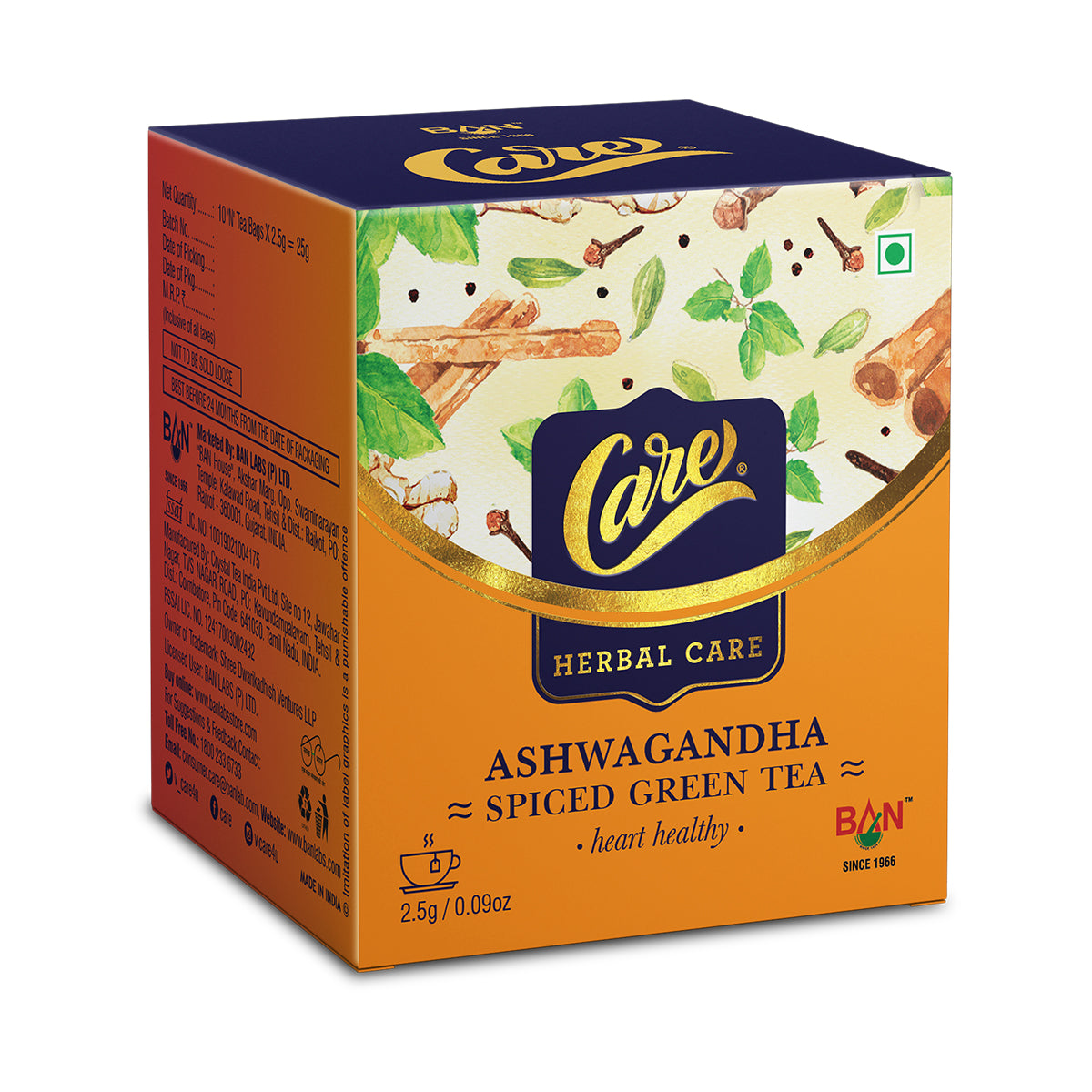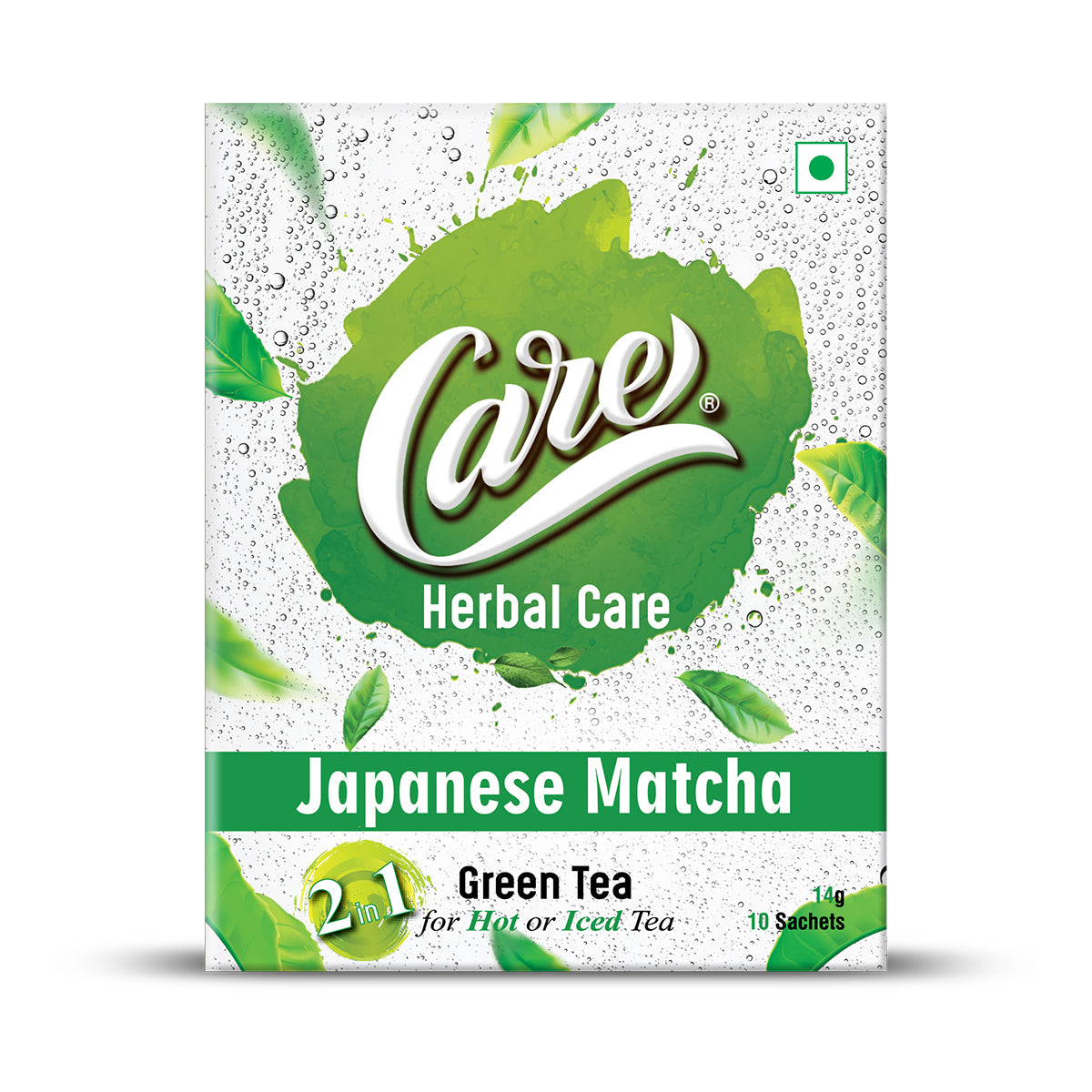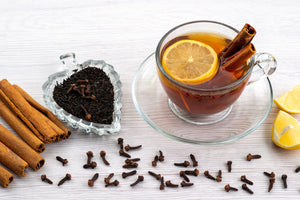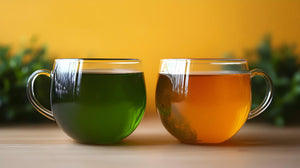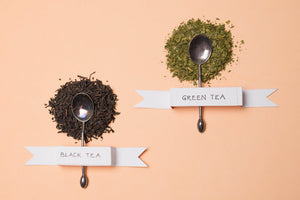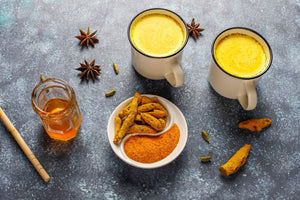How Does Matcha Taste? A Complete Guide to Matcha's Flavor Profile
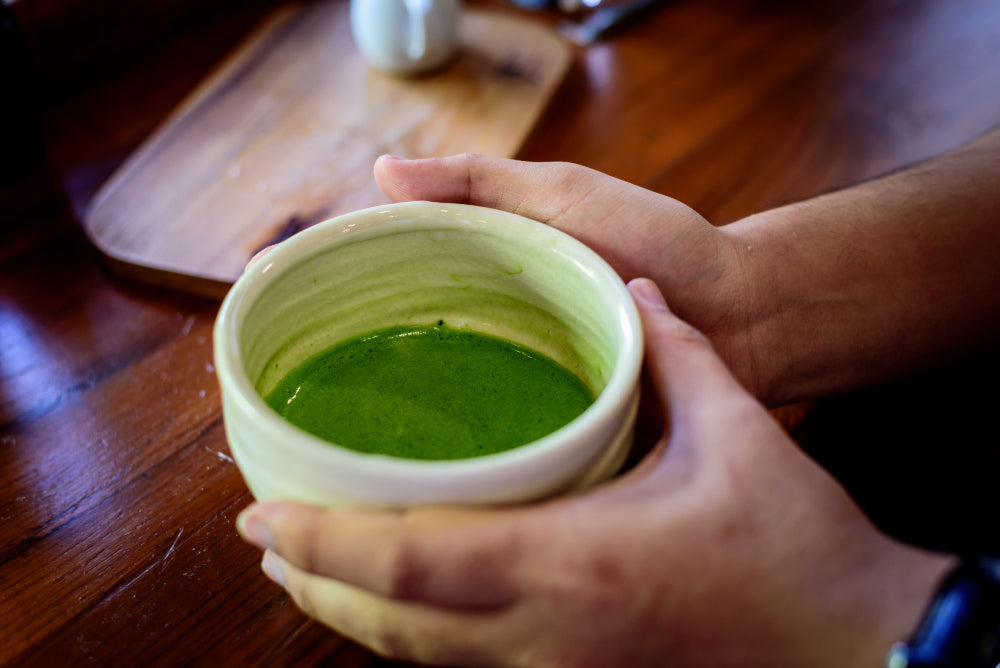
When it comes to matcha, the taste is a key factor that often sparks curiosity among tea lovers and beginners alike. The question "How does matcha taste?" can be difficult to answer without considering various factors such as its grade, quality, and preparation method.
In this blog, we will explore the unique taste of matcha, answer common variations of the questions like "How does matcha green tea taste?" and "How does matcha tea taste like?" and give you a deeper understanding of what makes this vibrant green powder so special.
What Does Matcha Taste Like?
The taste of matcha can vary significantly depending on its quality. High-quality matcha, like the ceremonial grade, has a smooth and almost sweet taste with subtle vegetal undertones. It is typically light, mellow, and not overpowering.
For those wondering, "How does matcha taste like?" the best matcha will leave you with a fresh, clean feeling on the palate.
However, not all matcha tastes the same. Low-grade matcha, often used in cooking or beverages like matcha lattes, can be bitter and astringent. If the matcha is stale or of poor quality, it can taste muddy or unpleasant. That’s why selecting the right grade of matcha is crucial to ensuring a pleasant taste experience.
How Does Matcha Green Tea Taste?
When asking, "How does matcha green tea taste?", you are likely referring to the flavor of matcha when it’s dissolved in water to make a traditional cup of matcha tea.
The flavor can range from vegetal to creamy, with some describing it as "umami". Umami is the fifth basic taste (besides sweet, salty, sour, and bitter) and is often described as savory. This characteristic makes matcha a versatile ingredient in both drinks and culinary dishes.
Ceremonial-grade matcha, grown on small farms in Japan, typically boasts a smooth, balanced flavor that has a slightly sweet finish, which is why it’s often enjoyed plain or in tea ceremonies.
The best matcha green tea will never feel overly bitter or too grassy. It’s meant to be balanced, fresh, and satisfying.
Factors Influencing Matcha's Taste
- Grade of Matcha: As mentioned earlier, ceremonial-grade matcha is the smoothest and least bitter, whereas lower-grade matches can taste a little harsh and astringent.
- Origin: Matcha grown in Japan is often regarded as the best due to the country's tradition of cultivating high-quality matcha. Japanese-grown matcha tends to have a richer umami flavor, while matcha from other regions might lack that depth.
- Preparation: The temperature of water and the whisking method can affect the taste. Too hot a temperature may result in bitterness, while not whisking the matcha properly can cause it to feel clumpy and unpleasant.
- Additives: If you're mixing matcha into a matcha latte or matcha smoothie, additional ingredients like milk, sugar, or sweeteners can alter the flavor. A high-quality matcha should still shine through even with these added ingredients.
Conclusion: Why Do People Love the Taste of Matcha?
Matcha’s distinctive taste is one of the reasons why it has become a favorite for many people around the world. Whether it's the smooth umami flavor, the delicate vegetal notes, or the slight sweetness in a high-quality matcha, the experience of drinking matcha is truly unique. Just like fine wine, matcha's taste varies depending on the quality, but most people tend to gravitate toward less bitter, smoother varieties.
So, when someone asks "How does matcha taste?" they may be met with a variety of answers. Whether you're drinking ceremonial-grade matcha or enjoying it in a matcha latte, this green tea offers a world of flavors to explore.


